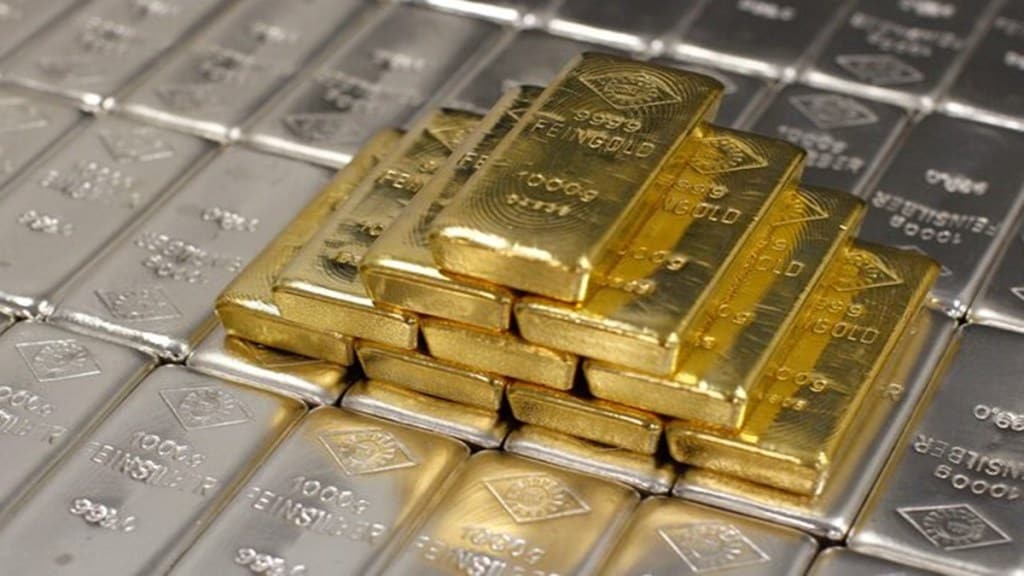Floridians to make transactions in gold and silver: Governor Ron DeSantis on Tuesday signed CS/HB 999 into law, making Florida the first major US state to recognise gold and silver as legal tender for everyday transactions. Speaking during a press conference in Apopka, DeSantis said the bill would allow money service businesses like PayPal and check cashers to transmit and accept payments in precious metals.
“We are the first large state to step up and to get this done,” said DeSantis. “This is right out of the Constitution of the United States. This legislation will authorise money services businesses to accept gold and silver coins that meet specific purity standards.”
From defunding ESG to fighting de-banking, we’ve taken actions to protect Floridians from the push for more centralized control over currency and transactions. Today, I was pleased to sign HB 999, through which Florida will exercise its authority under the U.S. Constitution to… pic.twitter.com/MZpwbbHdC8
— Ron DeSantis (@GovRonDeSantis) May 27, 2025
How will gold and silver as legal tender benefit people?
The new law aims to offer Floridians an alternative to the US dollar, which DeSantis criticised as being vulnerable to federal monetary policy and inflation. In a post on X (formerly Twitter), DeSantis said, “HB 999 will give Floridians greater financial freedom and more tools to safeguard their hard-earned money. Moreover, this legislation supports inflation-proof assets, so Floridians’ wealth is not at the whim of our federal government’s reckless spending addiction.”
By allowing transactions in gold and silver, Florida is positioning itself as a state focused on economic freedom and decentralisation of currency control.
Sales tax exemption and purity standards
Under the bill, gold and silver coins that meet specific purity standards will be recognized as legal tender and will be exempt from sales tax. The move is intended to encourage broader use of precious metals not just as investment assets, but as functional currency in daily commerce.
Centralised currency control
DeSantis framed the legislation as part of his broader effort to counter centralised control over financial transactions, referencing prior actions taken to defund Environmental, Social, and Governance (ESG) initiatives and fight “de-banking.”
“This legislation ensures that gold and silver can start functioning like real currency again—not just investment vehicles for the wealthy,” he said.


